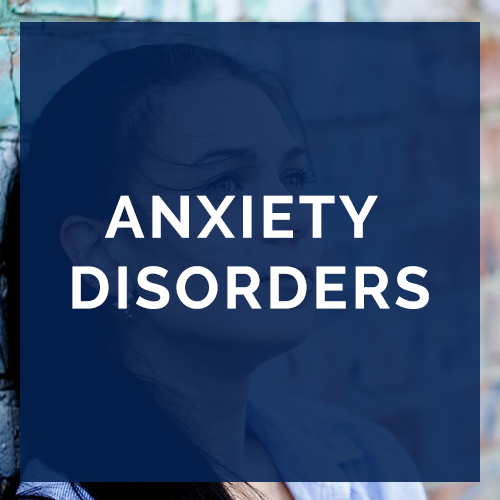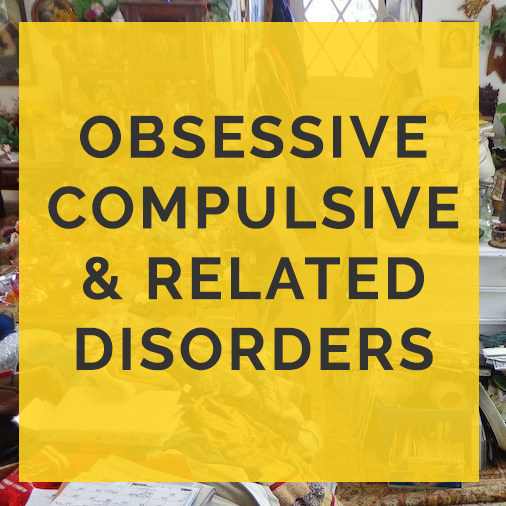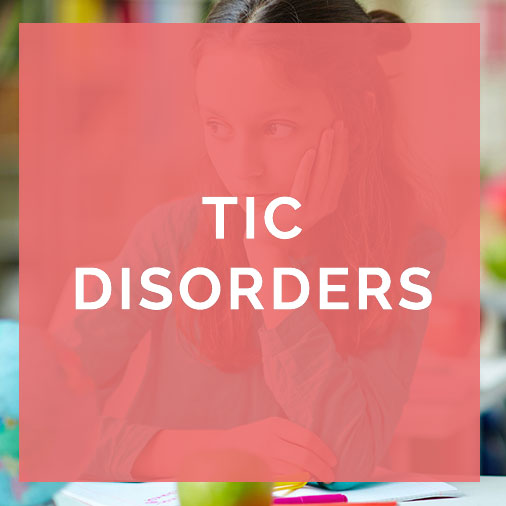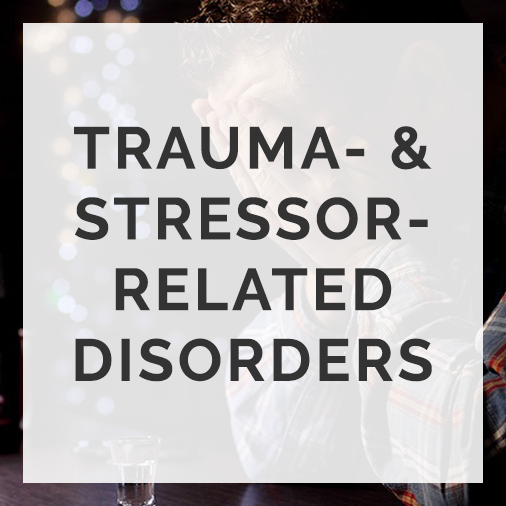
Obsessive-Compulsive Disorder (OCD)
OCD is characterized by recurrent & persistent unwanted thoughts, urges and/or images that cause extreme anxiety or distress. Most often, when people experience such thoughts they go to great measures to ignore or suppress them or to neutralize them in some way. Such behaviors are called compulsions/rituals because they serve the purpose of alleviating or preventing the associated anxiety or distress.
Many times, people feel shame and embarrassment for having such thoughts; however, research has demonstrated that the thoughts experienced by people with OCD are no different from that of people who do not have OCD. The difference is that the person who develops OCD misinterpreted the thought(s) as meaningful or significant in some way. They often believe that just having the “bad” thought signifies that they themselves are “bad”, or that just having the thought is equivalent to acting on the thought. This often leads to further angst, guilt or shame.
What researchers have found is that we have no control over which thoughts or images enter our minds. It is normal to have bizarre, violent, sexual, blasphemous and/or any number of embarrassing thoughts. The more we try to resist the thoughts or images the more they persist. These thoughts are actually normal. The reason a person develops a disorder is because of their attempts to get rid of the thoughts and by engaging in behaviors to get rid of the associated distress.
Although, a person can meet criteria for a diagnosis of OCD without having compulsions, they are almost always present & can be very subtle. Compulsions typically include obvious behaviors such as washing, checking, ordering, etc. or mental such as silently repeating phrases, words, counting, analyzing, etc. The individual engages in these behaviors to prevent some dreaded outcome and are not connected in any realistic way with what they were designed to prevent (e.g. avoiding stepping on cracks to prevent death to a parent). In addition, the individual usually recognizes that the behaviors are irrational (although not necessarily in children).
Both obsessions and compulsions consume many hours in a day and cause significant distress and impairment in social, academic and other life role functions.







 The Maryland Anxiety Center was founded by Andrea G. Batton, LCPC with a vision of creating a practice where clinicians and staff work cohesively and collaboratively with patients to provide optimal psychological care. The Maryland Anxiety Center specializes in the treatment of anxiety and related disorders from a cognitive behavioral perspective, the gold-standard and most effective treatment for such conditions.
The Maryland Anxiety Center was founded by Andrea G. Batton, LCPC with a vision of creating a practice where clinicians and staff work cohesively and collaboratively with patients to provide optimal psychological care. The Maryland Anxiety Center specializes in the treatment of anxiety and related disorders from a cognitive behavioral perspective, the gold-standard and most effective treatment for such conditions.